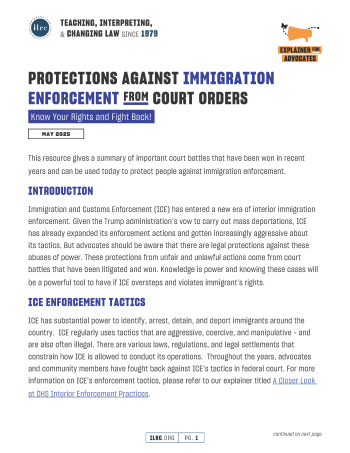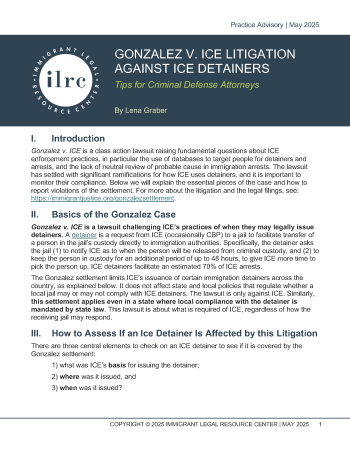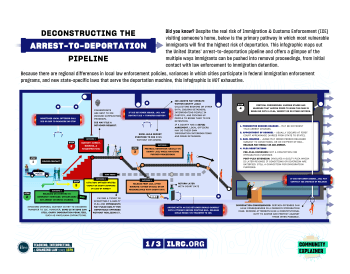California Regional Network Hubs for Immigrant Families
The Regional Network Hubs for Immigrant Families (RNH) is a statewide initiative to support the coordination of legal services, education and information, and other services to immigrant families in 11 regions of California. By coordinating services within each region and across the state, resources can be leveraged and service delivery enhanced. Please see below for a list of the 11 regions and the lead hub organizations.
Collection of Resources
Our resources are broken down into four categories.
Each one has a collection of ILRC produced materials as well as additional items that will assist you in learning more.

Immigrant access to health and mental health services in California.

Guidance for non-citizens to exercise their rights and protect their families from immigration enforcement.

The rights and protections of students and their families in California schools and universities.

The rights and protections of immigrant workers in California.
Directory of California Hubs and Counties
Click here for a map of the regions to see where your county resides.
| Region | Lead Hub Organization | Website |
|---|---|---|
| Northern | Immigration Institute of the Bay Area (IIBA) | http://www.iibayarea.org |
| Sacramento Region | Opening Doors, Inc. (ODI) | http://www.openingdoorsinc.org |
| Bay Area | Centro Legal de la Raza | http://www.centrolegal.org |
| Central Coast - Northern | Community Action Board of Santa Cruz County (CAB) | http://www.cabinc.org |
| Central Coast - Southern | Mixteco Indigena Community Organizing Project (MICOP) | http://www.mixteco.org |
| Northern Central Valley | Education and Leadership Foundation | http://www.elfus.org |
| Southern Central Valley | The UFW Foundation | http://www.ufwfoundation.org |
| Inland Empire | Training Occupational Development Educating Communities (TODEC) | http://www.todec.org |
| Los Angeles | Coalition for Humane Immigrant Rights (CHIRLA) | http://www.chirla.org |
| Orange County | Council of American Islamic Relations (CAIR- LA) | http://ca.cair.com/losangeles |
| San Diego | Jewish Family Services of San Diego (JFSSD) | http://www.jfssd.org |


